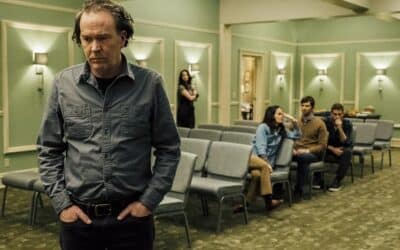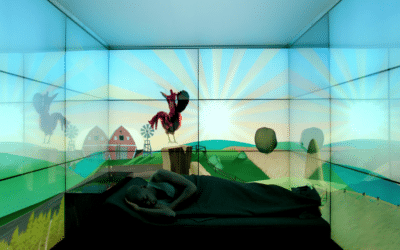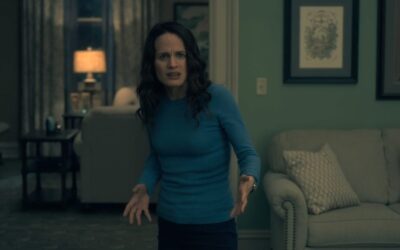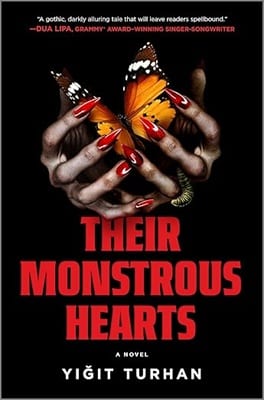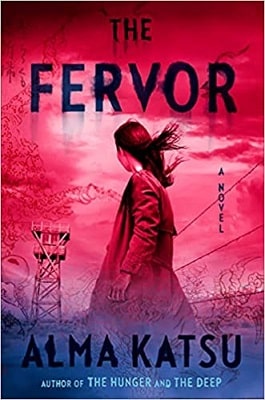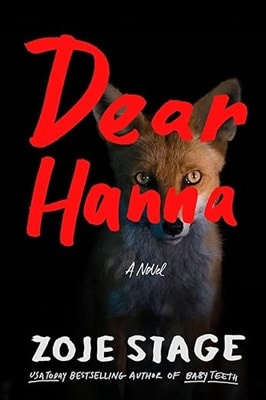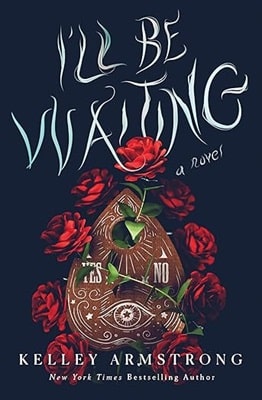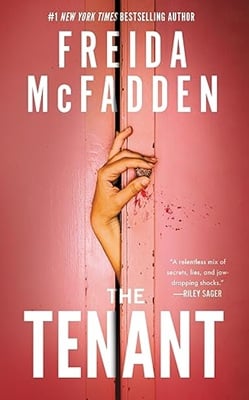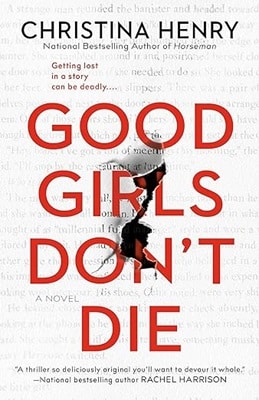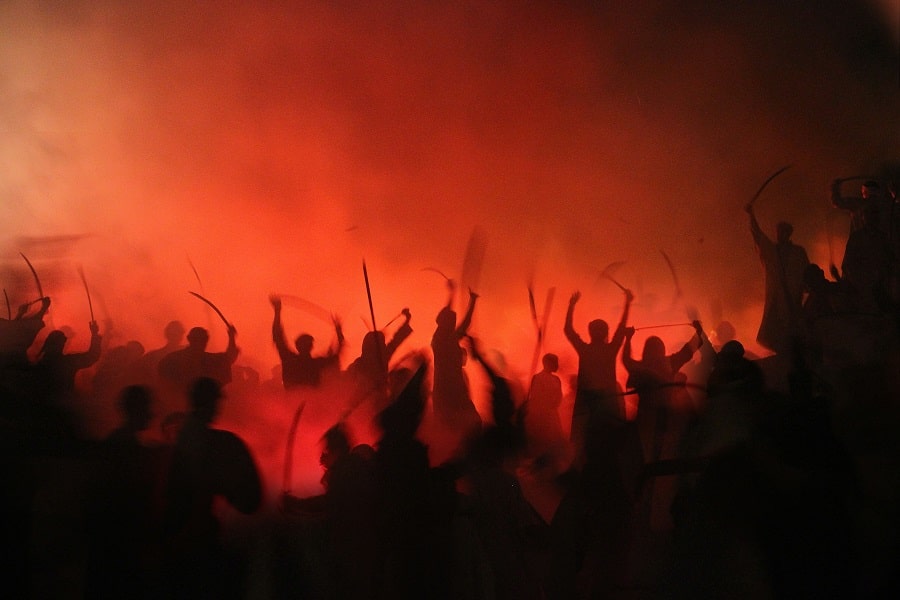
Feature
Historical Horror
Jason Roberts
Fear is the quintessential objective of any work of horror, the destination of the author’s craft. Yet, in a reality that is often more horrific than the most fervent of imaginations, penetrating the calluses of audiences’ desensitized minds has become increasingly challenging.
In my experience, the gateway to terror has always been through human empathy, preying upon the familiar to provide a lens through which the reader can place themselves in the story. To that end, what is more familiar, or more accessible, than history?
Historical Horror is by no means a new genre. While certainly not the first, Guy Endore’s massively influential The Werewolf of Paris (1933) stands as one of the earliest classics in the genre. Set against the events of the Franco-Prussian War, Endore infuses history, politics, and social commentary against the bloody backdrop of lycanthropic terror. His incorporation of the time and place as more than just a setting, but as an integral element of the work, is what sets it apart and for me and is a defining rule on the subject.
Ironically, this simple rule has helped to inspire an entire host of sub-genres that often blur the lines between them. Proudly leading the vanguard is western horror, a category so plump with titles that it is often considered synonymous with historical horror. That’s not to discount the legions of period offerings such as WWII, Gothic, Civil War, or Victorian. Versatility is the genre’s most appealing aspect, ensuring that virtually any romanticized historical period has, at one point, had the chocolate of horror placed firmly in its peanut butter.
While mainstream horror writers like Steven King have often ventured into the genre (The Green Mile, 1922), it’s a lesser known, but equally talented, group that’s leading the charge. In the novels of Alma Katsu, historical tragedies like the Donner Party (The Hunger) and the sinking of the Titanic (The Deep) are imbued with creepy supernatural twists that present the events in an even darker context. Seth Grahame-Smith takes a lighter approach to his horror with titles like Abraham Lincoln, Vampire Hunter and Pride and Prejudice and Zombies. Yes, they are every bit as ridiculous as you might imagine, but wonderfully so! For a more psychological, introspective horror experience, the books of Dan Simmons are deep and unsettling odysseys to haunted landscapes like the Arctic Circle (The Terror) and Mount Everest (The Abominable). Both of these tales detail early expeditions that meet with dark and tragic fates.
advertisement
With the increasing popularity of historical horror, it’s no surprise that film adaptations are finding their way to the screen in record numbers. Simmons’ The Terror was adapted into an AMC miniseries of the same name, while both of the aforementioned Grahame-Smith books were released as feature films. One of my favorite recent adaptations is that of Matt Ruff’s Lovecraft Country as an HBO series. Set in the 1950s Jim Crow south, the series masterfully blends Lovecraftian horror with the dark, and often difficult to face, history of racism in America.
Hollywood has long embraced history’s darker moments to fuel box office sales. The life of American killer Ed Gein has inspired no less than three blockbuster movies, Psycho, The Texas Chainsaw Massacre, and The Silence of the Lambs. In fact, the list of horror films inspired by true events is a massive one, including titles such as The Exorcist, The Amityville Horror, The Entity, The Exorcism of Emily Rose, and Jaws, to name a few. While I wouldn’t necessarily categorize any of these films as historical horror, as typically these adaptations have been situated in contemporary times, the trend has been shifting, however, to preserve and incorporate the original era of these “fact” based horror films. A noteworthy mention here is The Conjuring franchise, which draws its source material from the investigations of legendary paranormal researchers, Ed and Lorain Warren, active during the 70s and 80s.
Further proof that the genre is thriving can be found in the numerous, history-inspired horror scripts being written directly for the big screen. Bone Tomahawk (2015), written and directed by S. Craig Zahler, is a fantastic example. It tells the tale of ill-fated posse tracking down a vicious group of cannibals. Brutally visceral, this film is a must watch for historical horror fans! Also worthy of mention are the films of writer/director Robert Eggers. Eggers draws elements of history, folklore, and classic horror themes to craft deeply unsettling, brooding films. The VVitch: A New England Folktale (2015) incorporates themes of Puritanical patriarchy and pits them against foreboding paranormal influences during the height of New England’s witch scare. The Lighthouse (2019) draws on several real historical events, as well as influences from H. P. Lovecraft and Edgar Allen Poe, to deliver a truly creepy masterpiece. Intimate to the point of claustrophobic, the audience is compelled to follow the two stranded lighthouse keepers as they descend into madness.
The future of historical horror is as bright as it is dark and disturbing. A quick browse through your preferred book vendor will yield no shortage of titles, as scores of new authors are gravitating to the genre. So, if you’ve been on the fence, debating whether to give one of these stories a try, hopefully I’ve convinced you that these aren’t just stuffy old history books but, rather, a fresh new world of darkness and terror out there waiting for you!
About the Author
Jason Roberts is a lifetime Pacific Northwest resident, novelist, blogger, narrator, and freelance writer. His macabre tales of horror and cosmic conspiracies have captivated dozens world-wide. When not hunched over his keyboard, destroying his posture, he enjoys catering to the ridiculous whims of his tyrannically adorable three-year-old daughter, Emery. Should any time remain in the day, you might find him holed up in his basement studio, recording and producing garage bands.
jasonrobertsonline.com | amazon.com| facebook.com | twitter.com| instagram.com

More Horror Features
Horror Through the Ages
A Journey Through Time and Terror
Technology in Horror
When gadgets become nightmares
Female Characters in Horror
From Victims to Heroes
Advertisement
Horror Reads
advertisement

